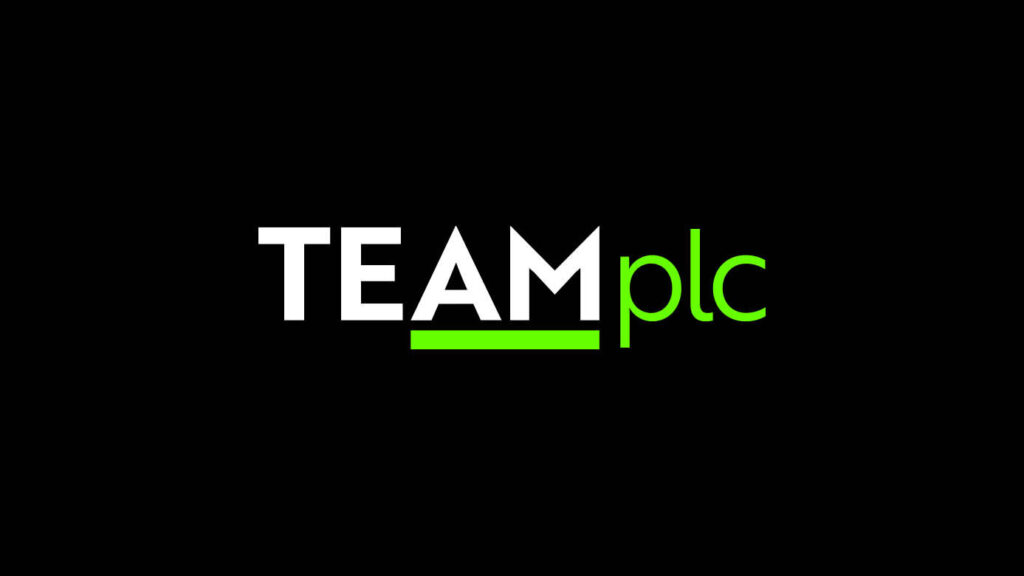Nvidia Corp became the world’s most valuable company last week, surpassing $3 trillion club members, Microsoft and Apple. The chipmaker, focused on AI, saw a remarkable 700% surge in its share price since the launch of ChatGPT on November 30, 2022. This extraordinary rise has attracted speculative investments, including leveraged tracker funds.
However, Nvidia’s reign at the top was short-lived. Over the past three days, a 13% fall in its share price wiped out $430 billion of its market valuation, marking the largest loss for any company over a three-day period in history. This correction affected other chipmakers and pulled the technology-focused Nasdaq down by 2% over the week, underperforming all other major indices.
In the UK, shares of soft drink manufacturer Britvic surged more than 7% on Friday and again on Monday after the company disclosed it had rejected two unsolicited bids from Carlsberg. The latest bid was valued at £3.1 billion, or £12.50 per share, which management claimed significantly undervalued the company. Acquiring Britvic would provide the Danish brewer with a diversified product portfolio at a time when beer consumption is declining, as many drinkers switch to spirits or reduce alcohol intake. Britvic not only produces its own brands, such as Robinsons and J2O, but also bottles PepsiCo products in the UK.
On the other hand, shares in British consumer staples giant Tate & Lyle fell 9% on Thursday as investors questioned its deal to buy CP Kelco, a producer of specialty ingredients, for $1.8 billion. Tate & Lyle, originally a sugar refiner, now produces a range of sweeteners and fibers and believes CP Kelco’s technologies will help improve products facing a massive sugar replacement challenge.
In economic news, there was mixed news on inflation ahead of the Bank of England’s interest rate decision last week. The Office for National Statistics reported that headline annual consumer price inflation slowed to the BoE’s 2% target rate in May for the first time in nearly three years. However, the core rate, which excludes volatile items like food and energy, remained elevated at 3.5%, with services inflation, the largest sector in the UK economy, at 5.7%.
The BoE’s Monetary Policy Committee voted 7-2 to keep the benchmark interest rate unchanged at 5.25%, unsurprising given the proximity of the general election in early July. Some committee members were encouraged by the direction of inflation and suggested they might soon vote for rate cuts. Money market futures now indicate a quarter-point cut in August, followed by another cut before the year ends.
In contrast, the Swiss National Bank faces a different situation, with annual inflation at just 1.4%. The SNB has been alarmed by the strong appreciation of the Swiss Franc following President Macron’s snap election call in France, which has caused turmoil in European markets and pushed investors toward haven assets. In response, the SNB cut its deposit rate for the second consecutive meeting on Thursday. Chair Thomas Jordan emphasized the bank’s readiness to intervene in the foreign exchange market to achieve price stability, continuing its history of using unconventional monetary policy tools.
In commodity markets, Brent Crude rose above $86 a barrel for the first time since April, driven by escalating tensions between Israel and Iran-backed Hezbollah, which threaten more instability in the Middle East. Hezbollah’s leader, Hassan Nasrallah, warned Cyprus it could become a target if Israel uses its infrastructure in any attacks.
TEAM plc (LON:TEAM) is building a new wealth, asset management and complementary financial services group. With a focus on the UK, Crown Dependencies and International Finance Centres, the strategy is to build local businesses of scale around TEAM’s core skill of providing investment management services.


